It’s hard to win your critics over, but you may influence or cause them to reconsider some of their purchase decisions. Wait until they see you rocking a pair of readers…with colored lenses to boot! Or probably not. That said, it turns out that blue light glasses are not just for your grandparents anymore. More people are donning these colorful readers to protect their eyes from harmful blue light.
You can also snag a pair or buy blue light glasses here.
Well, what exactly is the blue light we’re referring to? Basically, it’s a high-energy visible (HEV) light emitted by screens like TVs, laptops, tablets, and phones. And too much exposure to it can seriously affect your health.
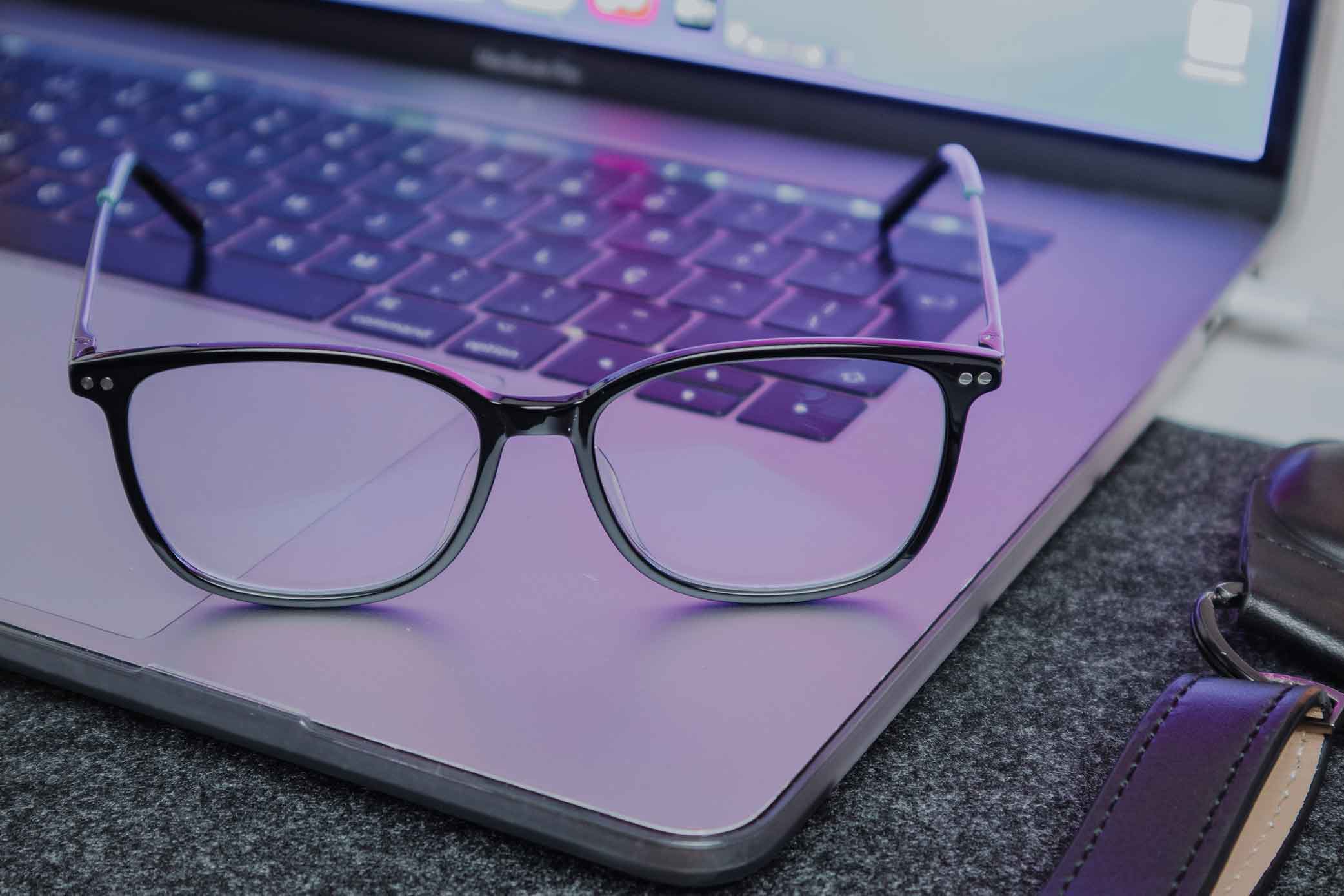
So, is it worth getting the glasses? It depends, as you’re about to find out. Let’s explore some of the potential benefits of blue-light-filtering glasses first. Then, we’ll get into the thick of the action… Ready? Let’s get to it.
1. Can Minimize Eye Strain
If you’ve spent the better part of your night completing a work-related project on your laptop or watching TV, you know how terrible eye fatigue can be. All that blue light exposure can cause symptoms such as watery, irritated eyes. Fortunately, wearing blue light glasses might help reduce some of that discomfort.
The lenses filter out a portion of the blue light that hits your eyes, helping reduce eye strain and fatigue. Similarly, the blue light blockers can reduce headaches and dry eyes.
A 2015 study examined the effects of blue light exposure on people with dry eyes. Researchers found that participants had increased tear film osmolarity after two hours of blue light exposure, a measure of tear film stability. They also had reduced blink rate and meibomian gland function. These changes are associated with dry eye symptoms.
Also Read: Tips for Office Moving
2. May Improve Your Sleep
Too much blue light exposure at night can disrupt your circadian rhythm and make it harder to fall asleep. Hence, wearing blue light glasses in the evening may help you sleep better by blocking out some of the blue light that disrupts your sleep. Talk of a sight for sore eyes!
So, what’s the science behind sleep? For starters, our bodies have an internal clock regulating when we feel sleepy and awake. This circadian rhythm is dictated by the light-dark cycle.
During the day, exposure to sunlight helps keep us awake and alert. At night, darkness cues our bodies to release melatonin, a hormone that makes us feel sleepy.
But blue light exposure can disrupt this natural sleep-wake cycle as it suppresses melatonin more than any other type of light. In short, if you’re exposed to blue light before bedtime, you’ll probably take longer to fall asleep. As such, to ward off the downsides of blue light exposure, you might consider buying blue light blockers.
3. Can Benefit Your Overall Health
Blue light exposure may also impact your overall health. According to research, chronic exposure to blue light has been linked to an increased risk of obesity. Limited studies show that high levels of blue light exposure disrupt the production of leptin, a hormone that signals to your brain when you’re full and balances your caloric intake and energy use.
This disruption can lead to overeating and weight gain. Thus, if you’re trying to watch your weight, it might be a good idea to invest in a pair of blue-light-blocking glasses.
Wearing blue light glasses all day is probably not necessary, though. But if you have trouble sleeping or experience eye strain, they might help.
Also, studies indicate that blue light can impact the retina, leading to macular degeneration. If you have a family history of the condition, blue light glasses might help protect your eyesight and avert or reduce age-related damage to your eyes.
The Jury Is Still Out
Frankly, not everyone is sold on the benefits of blue light glasses. In fact, debate continues to rage in healthcare circles regarding the efficacy of these ‘fancy’ readers. Also, some people claim the glasses don’t do anything, while others say they make their eyes feel worse.
And when it comes to research, most of the preliminary studies appear inconclusive. Similarly, there’s limited research supporting the use of blue light glasses. This means we need more well-designed studies to determine whether or not blue light glasses provide any real benefits. Until then, the purported benefits will remain just that – assertions and unverified claims.
Does The Spike in Demand Offer False Hope?
According to the New York Times, the demand for non-prescription blue light readers has risen over the past few years. Perhaps, the appeal of blue light glasses has grown as more people work from home in front of computers and stare at screens for long periods.
But while the mounting anecdotal evidence might be convincing, it doesn’t mean blue light blockers are effective. So, is it a case of great marketing ploys, or do these glasses offer some benefits? How come celebrities such as Jennifer Lopez are rocking them? Is there a basis for all the hype? For now, it’s anyone’s guess.
Also Read: 7 Things to Keep in Mind While Setting Up a Home Theatre
Our Take On the Subject
So, what’s the verdict? Are blue light glasses worth your hard-earned cash or are they a waste of money? Unfortunately, we don’t have an easy answer. It depends on how sensitive you are to blue light and how much time you spend staring at screens.
At the end of the day, it’s tough to say for sure. While blue light glasses might help some people, it’s hard to know how much of the purported benefits are due to the placebo effect.
If you’re undecided, consult your doctor or an eye specialist for their professional opinion. They can help you weigh the pros and cons and decide if blue light glasses suit you.
Also, whether or not they’re right for you depends on your individual needs and lifestyle. For instance, if you struggle with eye fatigue or have a lot of trouble sleeping, it might be worth giving blue light glasses a try. However, if you don’t experience any negative effects from blue light exposure, you don’t need to spend your money on a pair of glasses you may never wear.
Ultimately, though, the decision to buy blue-light-filtering glasses is personal. If you’re skeptical about their benefits, there’s no harm in trying them out to see if they help. That way, you can form an opinion based on first-hand experience. After all, blue light glasses are relatively inexpensive and easy to find.
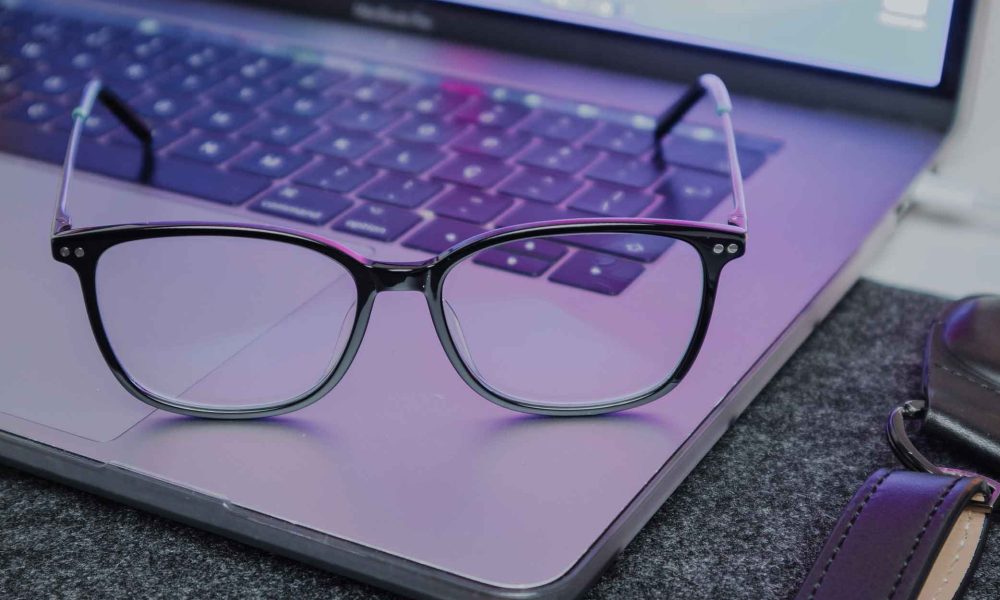
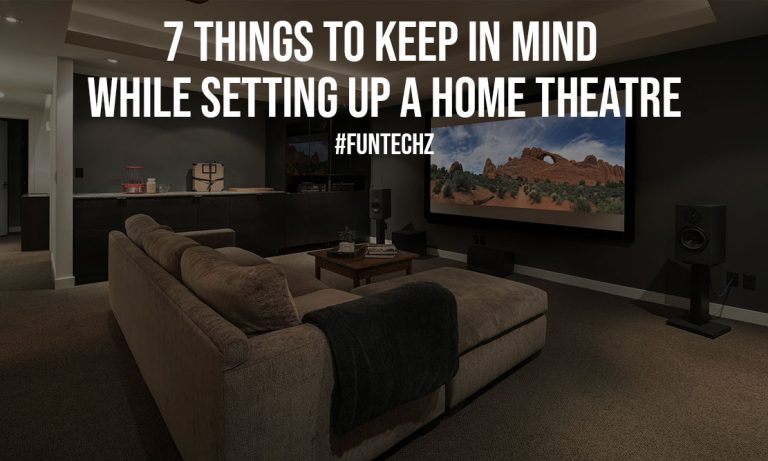
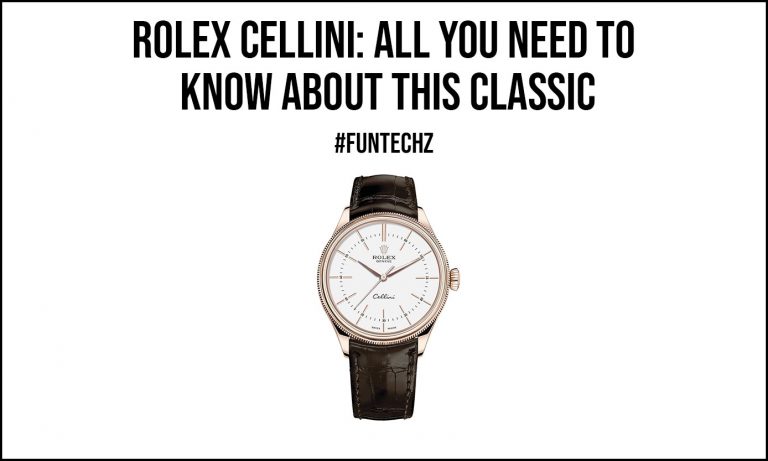
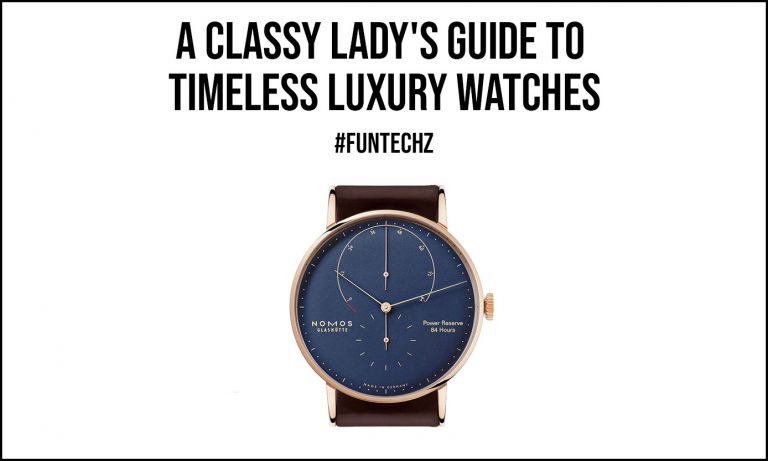

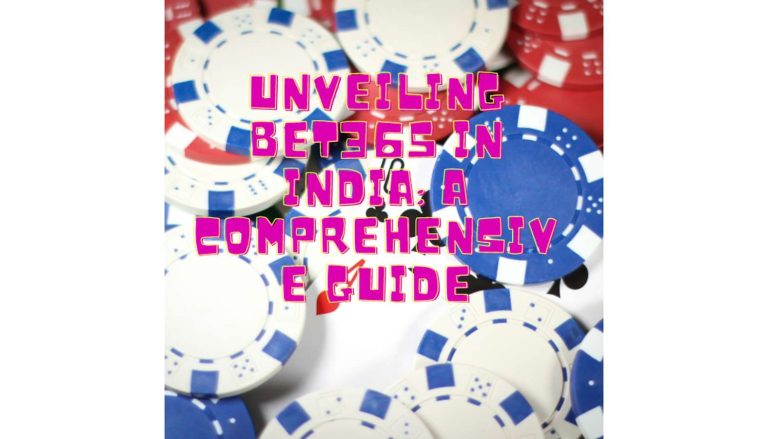


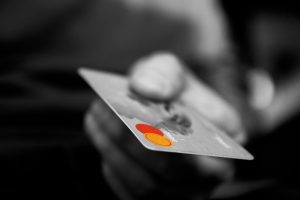
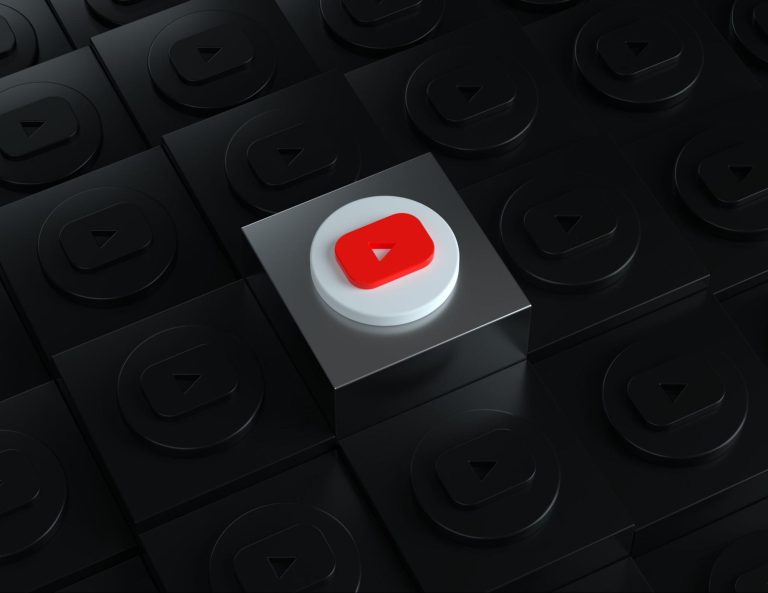




+ There are no comments
Add yours